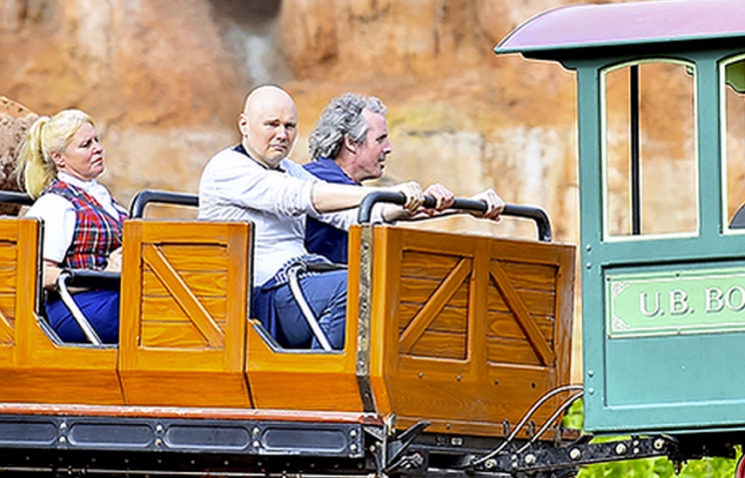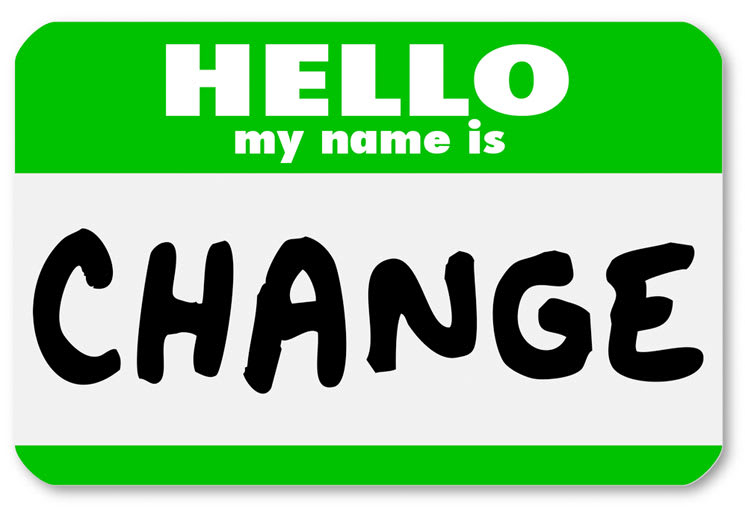Putting together a band is not an exact science. Instead, it's like alchemy: a quest to turn something raw and imprecise into solid gold. Sometimes you hit on the right recipe from the start, but odds are a band will have to a bit of tweaking before truly coming into their own. In some cases, this means even after an act has established itself well within the public's consciousness.
For instance, just check out the recent addition of Floridian six-stringer Sulynn Hago to Winnipeg punks Propagandhi. Though it's still too early to determine how her entry into the outfit will play out in the long run, the band told Exclaim! they're plenty happy to "shake up the little boy's club that Propagandhi has always been."
As we wait for the end result of that roster swap, Exclaim! is taking a look at a number of notable lineup changes that made a dramatic impact on their respective bands. Some, thankfully, helped steer the groups into a new, more successful direction. Other times, though, the loss of a key player or the arrival of a new member led to certain doom. You can check out both sides of the coin below.
The Best:
Bruce Dickinson joins Iron Maiden
Oh, the human air raid siren, we up the irons for thee. The first pair of platters from New Wave of British Heavy Metal players Iron Maiden were rock-solid, featuring a punky attitude, plenty of grit and the dynamic twin guitar leads the band would maintain for years to come. But following 1981's Killers, gruff-throated vocalist Paul Di'Anno dropped out of the band. He'd quickly be replaced by dynamic, slightly operatic Saxon frontman Bruce Dickinson — a move that steered the band to its greatest success. It was a match made in heaven, with the new singer's energy and dramatic vigour elevating 1982's Number of the Beast into the mainstream. Via a howl that's held down "Powerslave," "Run to the Hills," "Fear of the Dark," "Wickerman," "2 Minutes to Midnight" and so many more, Dickinson's presence undeniably shaped the band into what it is today. Despite a brief exeunt in the '90s, he's still leading Iron Maiden into stadiums with his gigantic voice. That the dude knows how to pilot their tour jet is grounds for keeping him around for the upcoming "Book of Souls" trip too. (GA)
Nirvana get Dave Grohl
Can you imagine "Smells Like Teen Spirit" without Dave Grohl's unforgettable drum fill during the intro? Can you imagine In Utero without his thundering rhythms? Of course not! While 1989's Bleach was a perfectly enjoyable album, it wasn't until Dave Grohl joined on drums that Nirvana's classic threepiece lineup fell into place, and they went onto define the altrock explosion of the '90s. Not only did Grohl lock in with bassist Krist Novoselic to give Kurt Cobain's songs the muscle they deserved, but joining Nirvana helped launch Grohl's own very successful subsequent career as a Foo Fighters frontman and allaround champion of oldfashioned rock. (AH)
Stevie Nicks and Lindsey Buckingham join Fleetwood Mac
Fleetwood Mac carved out their path early on as a well-regarded, if slightly under-the-radar blues and folk rock band. To this day, Kiln House gets praise in classic rock circles. But it's the mid-'70s period that we remember best, in no short part due to the arrival of the already partnered-up duo of Stevie Nicks and Lindsey Buckingham. Their debut with the band, 1975's Fleetwood Mac, found Nicks dominating with her powerfully emotive performances of "Rhiannon" and "Landslide." Then 1977's Rumours went supernova, finding Nicks, Buckingham, founder Mick Fleetwood, and Christine and John McVie firing on all cylinders, adding a verisimilitude of striking songs to the pop world. Well, it wasn't a rumour that interpersonal drama and rampant drug use curtailed the good times, but the band occasionally reunite to give us some of those gold-dusted and godly songs in concert. Going by ticket numbers and still-strong sales of this period's back catalogue, there was nothing second-hand going into this particular roster update. (GA)
Black Flag enlist Henry Rollins
To be fair, there's plenty to love about early Black Flag. Keith Morris's sneer on "Nervous Breakdown" is a legendary blueprint for hardcore, and the Ron Reyes period gave us classics like "Jealous Again." But it's Georgetown ice cream shoppe employee Henry Garfield that lays claim as the true game-changer in Black Flag. After skipping out from the East Coast to join his favourite band, the rechristened Rollins gave off a mighty displeased and damaged growl on a series of landmark hardcore releases (see, uh, Damaged). From there, his time living in Greg Ginn's parents' shed led to the darkened and twisted poetry on the jazz- and Sabbath-stained albums My War and In My Eyes. He's a key ingredient to a force that helped define, tear down, and redefine hardcore as we know it today. (GA)
AC/DC Bring on Brian Johnson following Bon Scott's death
AC/DC were already a worldwide sensation when frontman Bon Scott passed away in 1980. Just a couple of months after his tragic death, the band rebounded to record Back in Black with new singer Brian Johnson. While stemming from great misfortune, the move proved to be a triumph for the band.
Johnson's signature yowl and titanic vocal hooks were both a nod to and an extenuation of Scott's own manic energy, with the successor proving to be the perfect addition to the band's muscular riff-rock sound, and this electrifying formula helped to make Back in Black one of the top-selling albums of all time. The Australian rockers continue to fill stadiums to this day, and Johnson's vocals are key to their continued success. (AH)
Ringo Starr joins the Beatles
In the early days, the Beatles lineup had a rotating cast of skin-hitters. Pete Best manned the kit for a bit, but it was the arrival of Dingle, Liverpool drummer Ringo that really transformed the band into the Fab Four. Sometimes Starr gets a raw deal, having acted as the ham that sung the goofier, albeit awesome, Beatles songs like "Yellow Submarine" and "Octopus's Garden." His booming baritone has always had soul, though. More important, his top-shelf swinging and innovative, minimalist pounding makes for one of most iconic feels in the rock lexicon. Check the low-key ripple of "Come Together" or his "The End" drum solo for proof. Paul may have been the cute one, but Ringo was the Beatles' under-repped and rhythmic secret weapon. (GA)
Now head to Page 2 for the worst.
The Worst:
Fergie teams up with the Black Eyed Peas
There once was a time when you could argue that the Black Eyed Peas were in the same wheelhouse as '90s acts like the Pharcyde or even A Tribe Called Quest. Together, will.i.am., apl.de.ap and Taboo were doling out jazz-minded boom-bap music and adding a b-boy flavour with dance-off-style music videos. Elephunk, however, introduced Wild Orchid member Fergie to the mix in 2003, driving the band to their biggest success yet with the smooth pop-rap of "Where Is the Love." The band ended up going hard in the mainstream with a stream of high-profile singles, but let's consider the output here. There was the tone-deaf party-starter "Let's Get Retarded," the oddly de-sexed and clinical "My Humps" and super-generic, ultra-positive fare like "I Gotta Feeling." Sure, Fergie's arrival marked the Peas' ascension to the top of the charts, but was it really worth it? (GA)
The mess that is the current lineup of the Beach Boys
Many of the bad lineup changes on this list make us angry or frustrated, but this one just makes us sad. The Beach Boys' best work came in the '60s with Brian Wilson at the helm, but mental health issues led the composer to take a backseat, while various reconfigured lineups (with lots of hired guns) kept the name alive as a dismal casino act. Finally, in 2012, all of the surviving members of the classic lineup got back together for a 50th reunion album and tour. That would have been a classy moment for them to head into the sunset once and for all, but Mike Love hijacked the name and turned them into a casinograde embarrassment once again. (AH)
Crystal Castles continue without Alice Glass
For years, we knew Crystal Castles as a duo, with producer Ethan Kath backing exhilarating frontwoman Alice Glass. When Glass quit the band and Kath continued on without her, they got in a public spat, with the latter downplaying the former's role in the band and derisively calling her "my former vocalist." He's since released a couple of tracks that didn't make much of an impression on us, making us think that Glass was more important than he gave her credit for. Crystal Castles have long had a reputation for being douchebags, but they used to be douchebags together. (AH)
The Misfits reform without Glenn Danzig
Six years of horror business was more than enough for Misfits frontman Glenn Danzig, who called it quits with the iconic and ghoulish band after the release of their hardcore-paced Earth A.D. LP in 1983. He'd go on to greater success with Samhain and then his mighty, eponymous blues metal troupe. Misfits co-founder Jerry Only tried to put Devilocks back in fashion in the mid-'90s, though, with the revived pop-punk outfit calling on face-painted frontman Michael Graves to deliver some Danzig-lite crooning for a handful of LPs. The band continue to this day in altered form, but it's rare you'll find anyone drudging the post-Danzig efforts out of a London dungeon over the OG's. (GA)
Weezer's output post-Matt Sharp
It's hard to think of a band that has fallen from grace more unceremoniously than Weezer. Their first two albums are rightly regarded as classics, but their seven postmillennial offerings range from disappointing to downright disastrous. The turning point came when bassist Matt Sharp left the band in the late '90s; since then, Weezer have experimented with macho riff rock and slick mall pop, and attempted to recapture the heartfelt pathos of old, but it has become clear that they've lost their mojo. Most of the blame for this likely falls on primary songwriter Rivers Cuomo, but we've come to realize that the band just aren't the same without Sharp's quirky, offkilter harmonies and energetic charisma. (AH)
The ever-morphing catastrophe of Billy Corgan's Smashing Pumpkins
Remember when Smashing Pumpkins seemed like an actual band? Throughout the '90s, the Billy Corgan-fronted group had a solid lineup featuring guitarist James Iha, bassist D'arcy Wretzky and drummer Jimmy Chamberlain, and they delivered all of the outfit's most classic work. After a break of several years, however, Corgan brought the Smashing Pumpkins name back as a glorified solo project, and the results have been questionable to say the least. Since 2009, they've been working on a confusing multi-album cycle inspired by the Tarot called Teargarden by Kaleidyscope. Frankly, for better or worse, we've lost track of exactly how far along the project is at this point. (AH)
For instance, just check out the recent addition of Floridian six-stringer Sulynn Hago to Winnipeg punks Propagandhi. Though it's still too early to determine how her entry into the outfit will play out in the long run, the band told Exclaim! they're plenty happy to "shake up the little boy's club that Propagandhi has always been."
As we wait for the end result of that roster swap, Exclaim! is taking a look at a number of notable lineup changes that made a dramatic impact on their respective bands. Some, thankfully, helped steer the groups into a new, more successful direction. Other times, though, the loss of a key player or the arrival of a new member led to certain doom. You can check out both sides of the coin below.
The Best:
Bruce Dickinson joins Iron Maiden
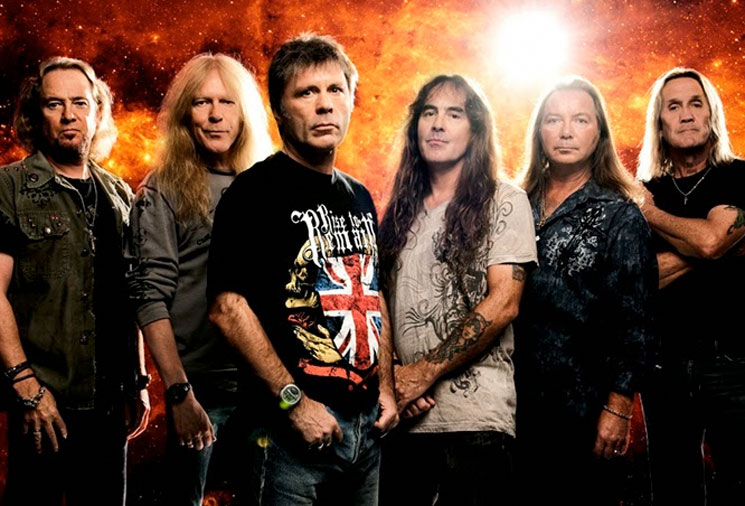
Nirvana get Dave Grohl
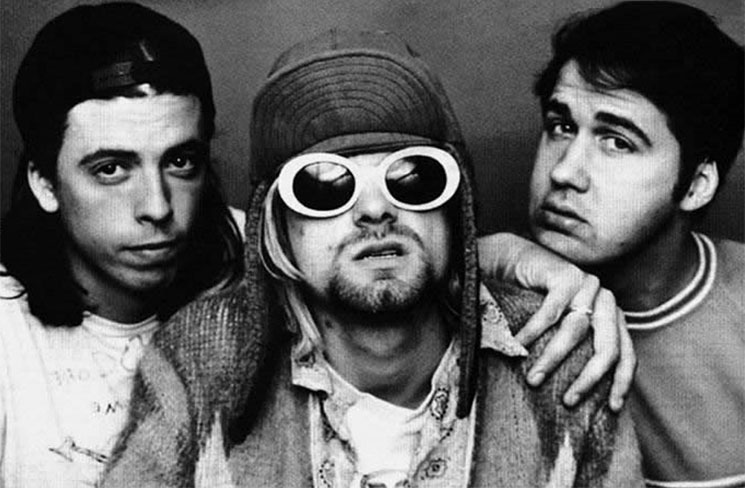
Can you imagine "Smells Like Teen Spirit" without Dave Grohl's unforgettable drum fill during the intro? Can you imagine In Utero without his thundering rhythms? Of course not! While 1989's Bleach was a perfectly enjoyable album, it wasn't until Dave Grohl joined on drums that Nirvana's classic threepiece lineup fell into place, and they went onto define the altrock explosion of the '90s. Not only did Grohl lock in with bassist Krist Novoselic to give Kurt Cobain's songs the muscle they deserved, but joining Nirvana helped launch Grohl's own very successful subsequent career as a Foo Fighters frontman and allaround champion of oldfashioned rock. (AH)
Stevie Nicks and Lindsey Buckingham join Fleetwood Mac
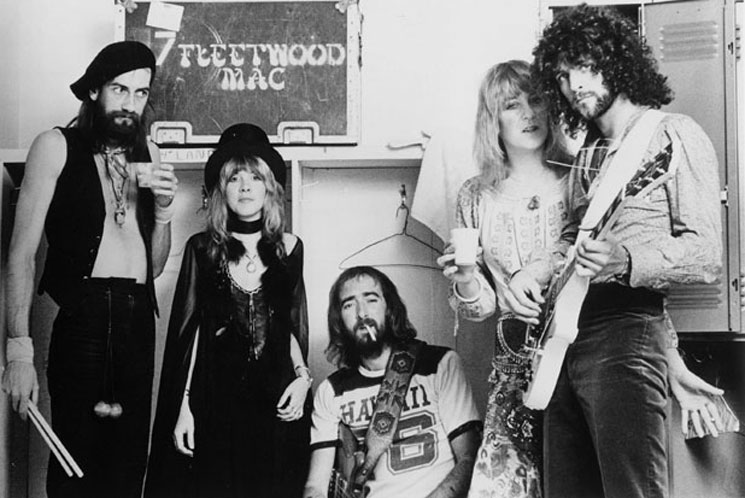
Black Flag enlist Henry Rollins
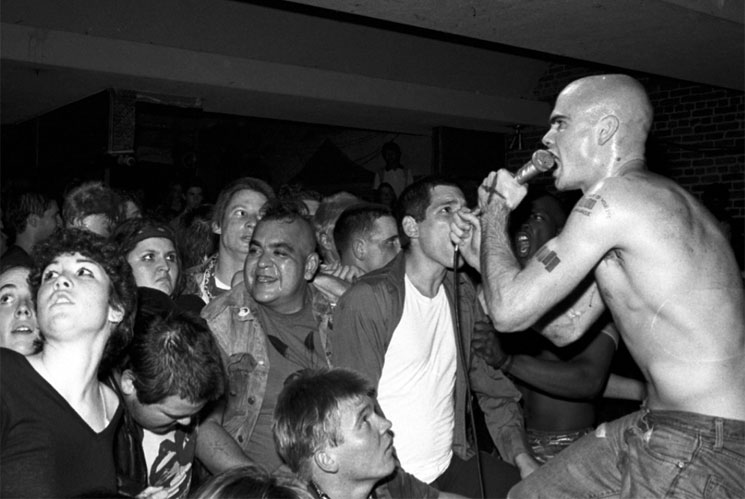
AC/DC Bring on Brian Johnson following Bon Scott's death
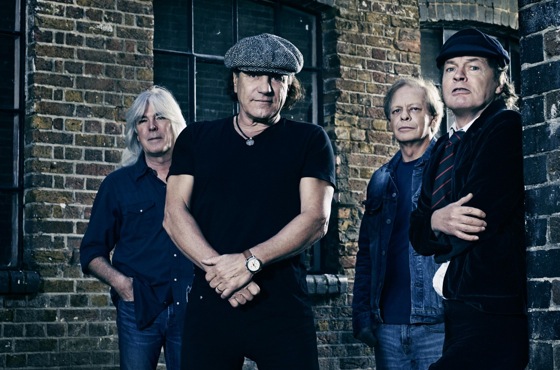
AC/DC were already a worldwide sensation when frontman Bon Scott passed away in 1980. Just a couple of months after his tragic death, the band rebounded to record Back in Black with new singer Brian Johnson. While stemming from great misfortune, the move proved to be a triumph for the band.
Ringo Starr joins the Beatles
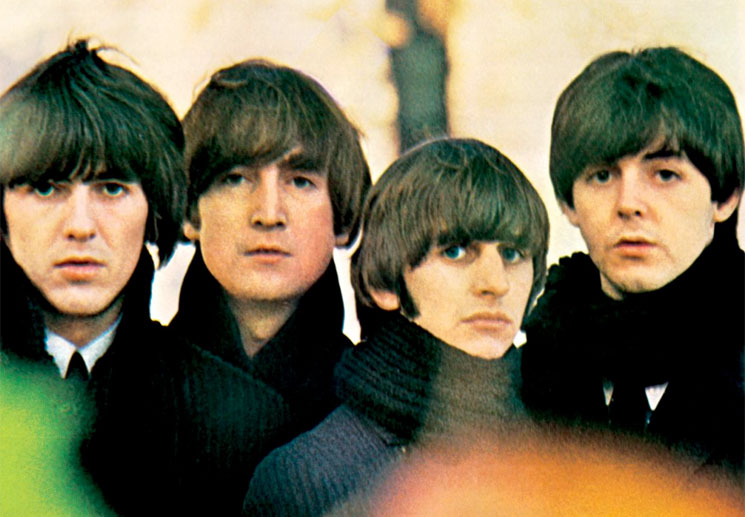
Now head to Page 2 for the worst.
The Worst:
Fergie teams up with the Black Eyed Peas
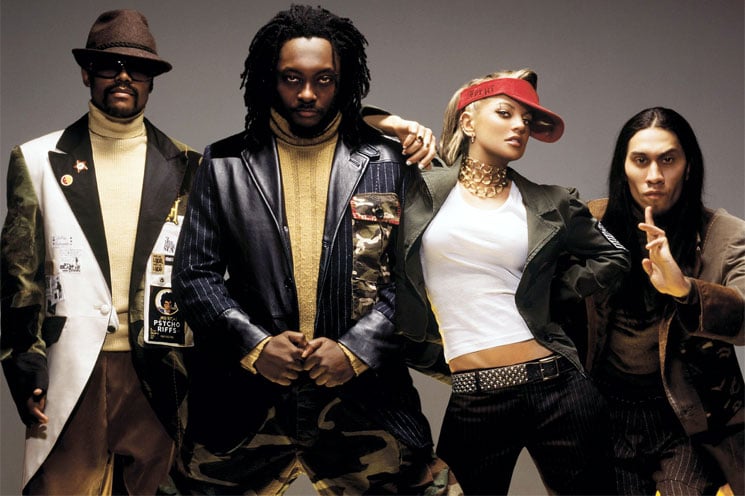
There once was a time when you could argue that the Black Eyed Peas were in the same wheelhouse as '90s acts like the Pharcyde or even A Tribe Called Quest. Together, will.i.am., apl.de.ap and Taboo were doling out jazz-minded boom-bap music and adding a b-boy flavour with dance-off-style music videos. Elephunk, however, introduced Wild Orchid member Fergie to the mix in 2003, driving the band to their biggest success yet with the smooth pop-rap of "Where Is the Love." The band ended up going hard in the mainstream with a stream of high-profile singles, but let's consider the output here. There was the tone-deaf party-starter "Let's Get Retarded," the oddly de-sexed and clinical "My Humps" and super-generic, ultra-positive fare like "I Gotta Feeling." Sure, Fergie's arrival marked the Peas' ascension to the top of the charts, but was it really worth it? (GA)
The mess that is the current lineup of the Beach Boys
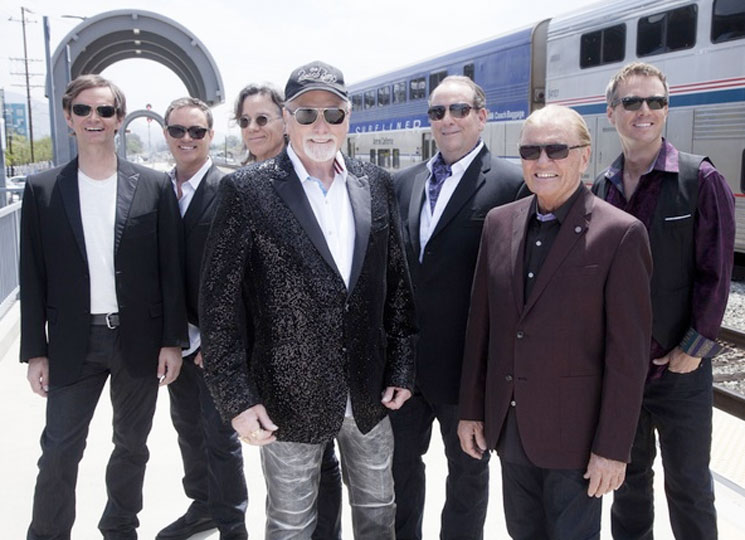
Crystal Castles continue without Alice Glass
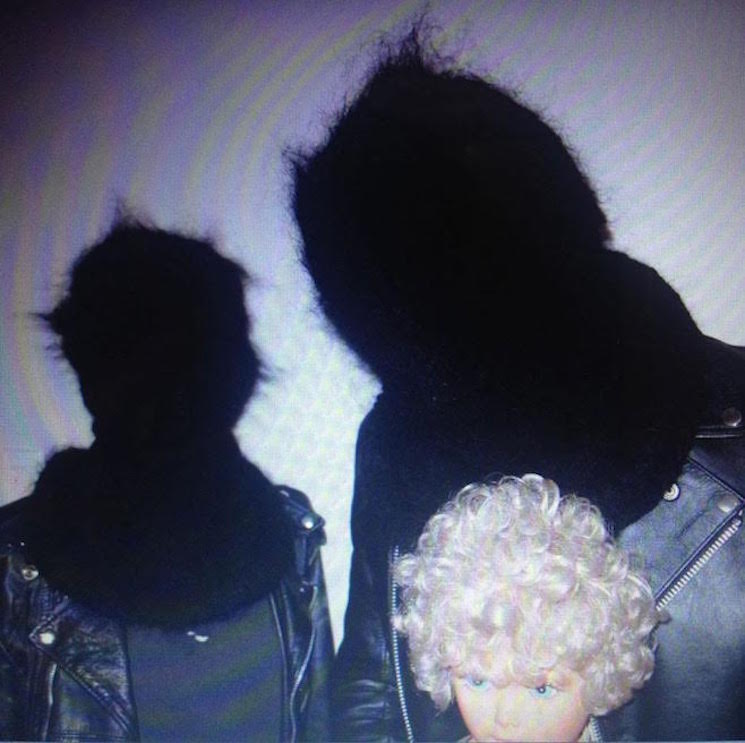
The Misfits reform without Glenn Danzig
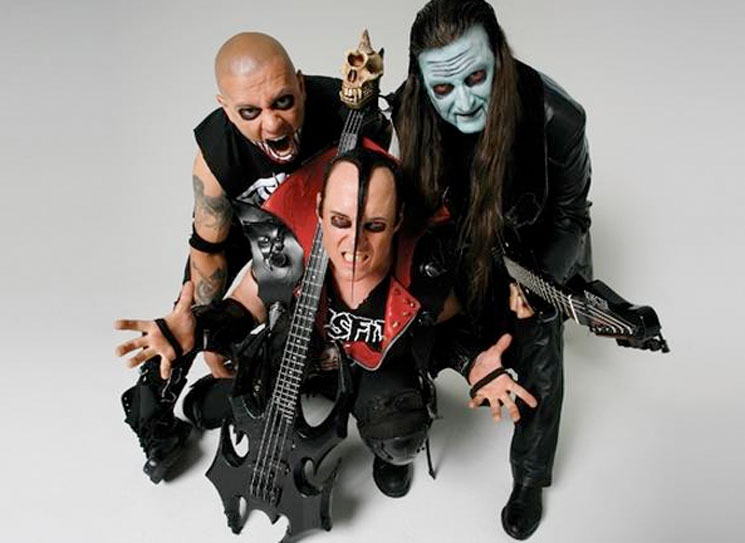
Six years of horror business was more than enough for Misfits frontman Glenn Danzig, who called it quits with the iconic and ghoulish band after the release of their hardcore-paced Earth A.D. LP in 1983. He'd go on to greater success with Samhain and then his mighty, eponymous blues metal troupe. Misfits co-founder Jerry Only tried to put Devilocks back in fashion in the mid-'90s, though, with the revived pop-punk outfit calling on face-painted frontman Michael Graves to deliver some Danzig-lite crooning for a handful of LPs. The band continue to this day in altered form, but it's rare you'll find anyone drudging the post-Danzig efforts out of a London dungeon over the OG's. (GA)
Weezer's output post-Matt Sharp
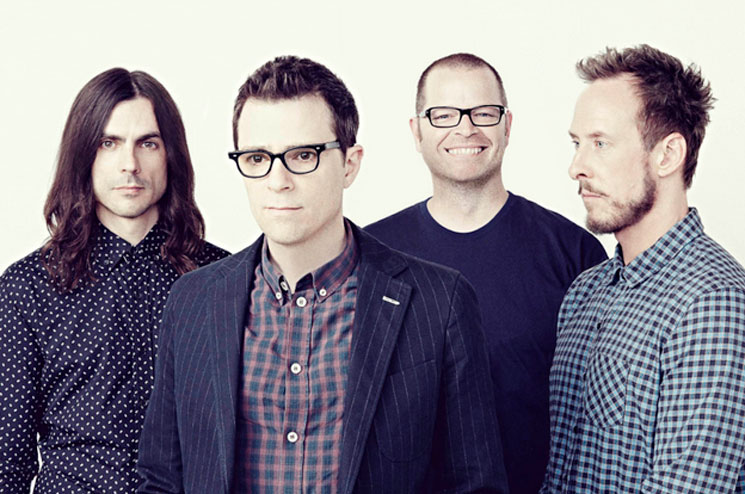
The ever-morphing catastrophe of Billy Corgan's Smashing Pumpkins
